Submitted by Sarbjit Bahga
Ravindra Bhan: A Pioneer Of Landscape Architecture In India Passed Away
India Architecture News - Feb 21, 2020 - 15:41 41930 views
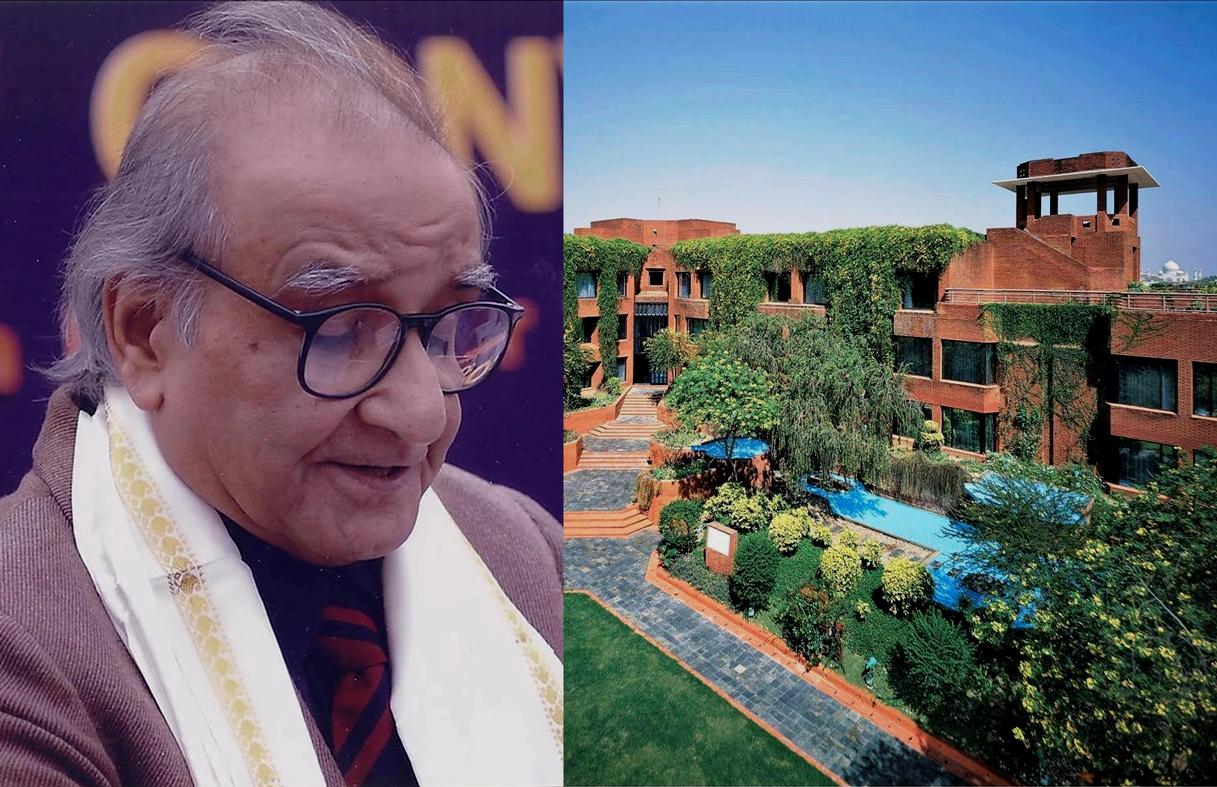
Professor Ravindra Bhan, a pioneer in the field of landscape architecture in India passed away on February 15, 2020, at the age of 88. His demise created a big void in this noble profession which will be difficult to fill. The first formal training in landscape architecture in India was established by Professor Ravindra Bhan with the support of Ford Foundation at the School of Planning and Architecture (SPA), Delhi. He also headed the newly created Department of Landscape Architecture at the SPA from 1972 to 76.
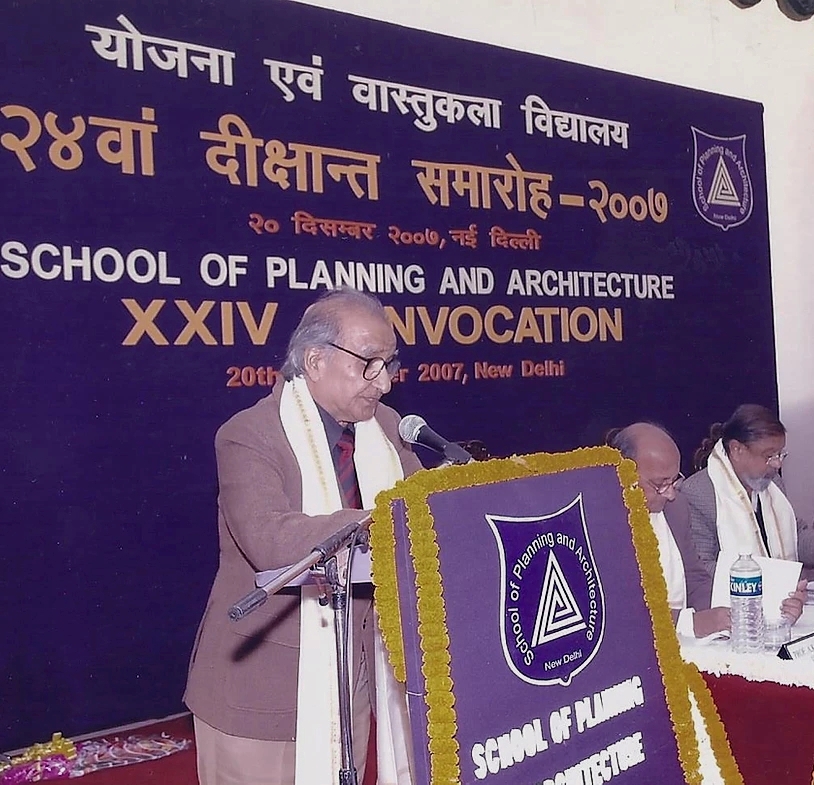 Professor Ravindra Bhan.
Professor Ravindra Bhan.
Ravindra Bhan graduated from Washington University, St. Louis, Missouri, the USA with Bachelors of Architecture and thereafter completed his Masters in Landscape Architecture from the University of Pennsylvania, Philadelphia, USA. Bhan worked for almost eighteen years abroad with renowned practices like Architects Co-partnership, London; Reima Pelta, Helsinki, Finland; Minoru Yamasaki and Associates, Birmingham Michigan, USA; Skidmore Owings and Merrill (SOM), New York, USA; and, Wallace McHarg, Roberts and Todd, Philadelphia, USA.
Apart from this, he also taught at the University of Pennsylvania, and Washington University, USA. Considering his vast international experience and exposure, the Ford Foundation selected him as Expert in Landscape Architecture and entrusted him with the task of setting up the first formal training in Landscape Architecture at SPA, Delhi.
Ravindra Bhan established his practice in 1974 under the name, 'Ravindra Bhan and Associates - Architects, Landscape Architects and Ecological Planners' at New Delhi. He remained active in his private practice for about four-and-a-half decades. During this period he handled various types of projects both in architecture and landscape design. These include residential, leisure and recreational, industrial, religious, memorials, besides large-scaled projects of urban design and ecological planning.
Some of Ravindra Bhan's prominent projects include Shakti Sthala- a Memorial of Indira Gandhi, New Delhi; Landscaping of Hotel Mughal Sheraton, Agra; Landscaping of Golden Temple Corridors, Amritsar; Landscaping of ISKCON Temple, New Delhi; Landscaping of Tara Apartments, New Delhi; Site Development of Ayodhya Ghats, Faizabad; Model Colony Lake (Lakaki), Pune; Children's Park, India Gate, New Delhi; Landscaping of Chambal Chemicals and Fertilizers, Kota; Landscaping of Guest House, Parwanoo; Prashant Bhushan's House, Palampur; Pahalgam Hotel, Pahalgam; Andrews Ganj Housing, New Delhi, etc.
 Shakti Sthala, New Delhi.
Shakti Sthala, New Delhi.
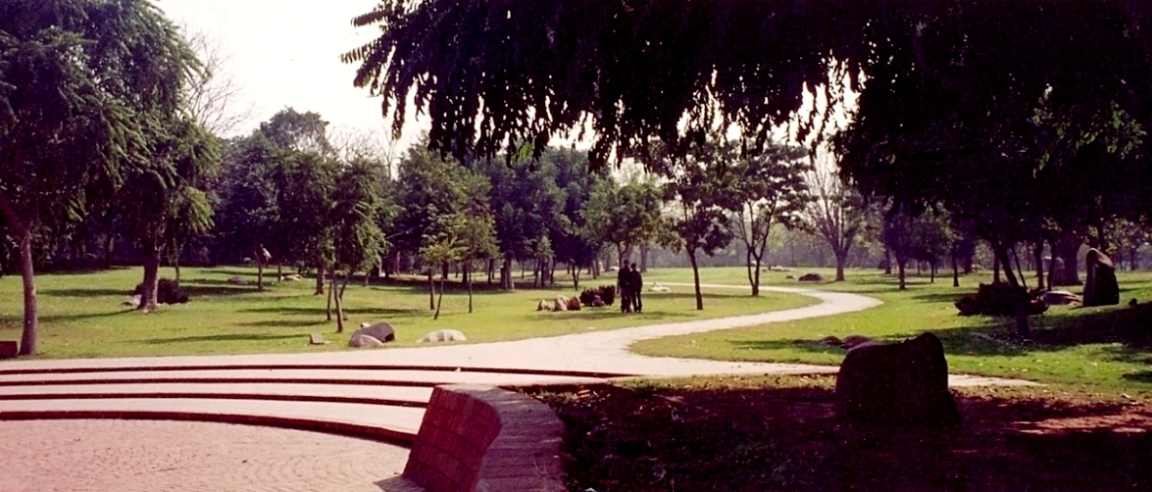 Shakti Sthala, New Delhi.
Shakti Sthala, New Delhi.
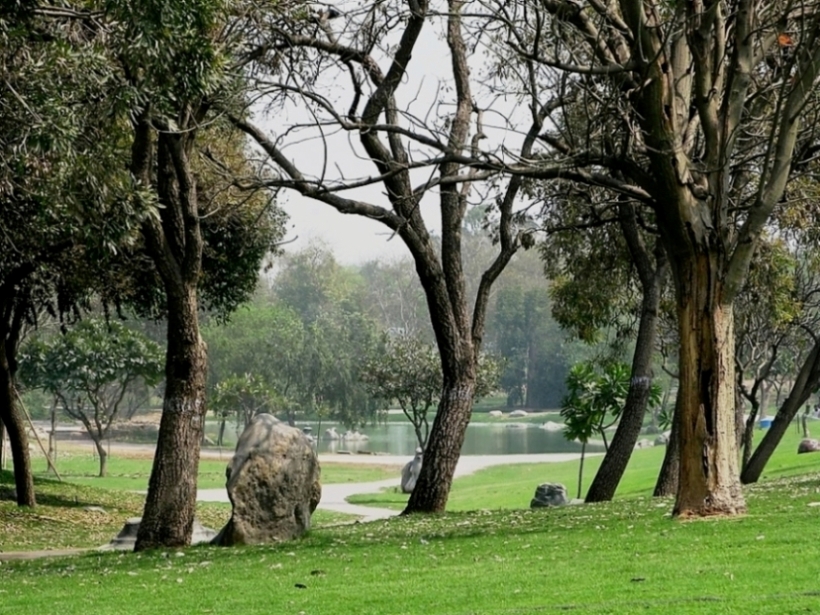 Shakti Sthala, New Delhi.
Shakti Sthala, New Delhi.
Ravindra Bhan has been the recipient of many prestigious awards and honours. These include Aga Khan Award for Architecture for Mughal Sheraton, Agra; ISOLA (Indian Society of Landscape Architects) Landmark Award for Excellence in the design of Shakti Sthala, New Delhi; ISOLA Medal-2010 for lifetime achievement and contribution to profession; Merit Award, American Society of Landscape Architects; Travelling Fellowship, Italy, etc.
Though Ravindra Bhan is not physically present amongst us now, his ideas, views and opinions about landscape architecture will always be there to inspire the future generations of architects and landscape architects.
 Hotel Mughal Sheraton, Agra.
Hotel Mughal Sheraton, Agra.
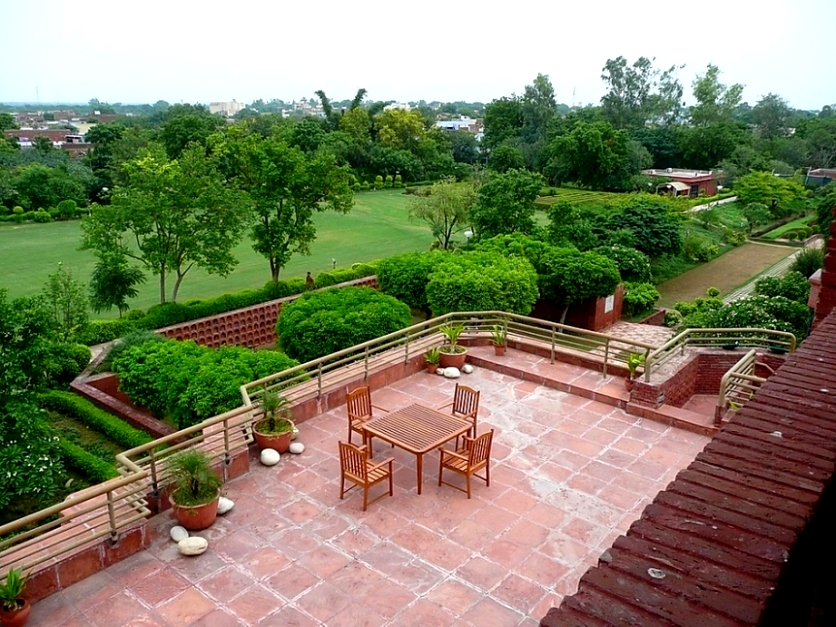 Hotel Mughal Sheraton, Agra.
Hotel Mughal Sheraton, Agra.
In Ravindra Bhan's opinion, landscape architecture deals with the design of the total outdoor environment with the understanding of nature's world in man's domain. Man and nature are linked together. For creating a sustainable and healthy environment, understanding of nature as a process is very important. The components of nature such as rock, earth, water, vegetation, climate, birds and mammals etc. are all linked together and are interdependent. Landscape architecture plays a key role in any sort of development as it understands how and where to develop, without abusing the natural environment. Its relevance to architecture is substantial. Any built form creates a considerable change both in the physical and natural environment of a place. A landscape architect manages the development in such a way so that the relationship between man and nature remains within tolerable limits, thus, minimising the abuse of the natural environment.
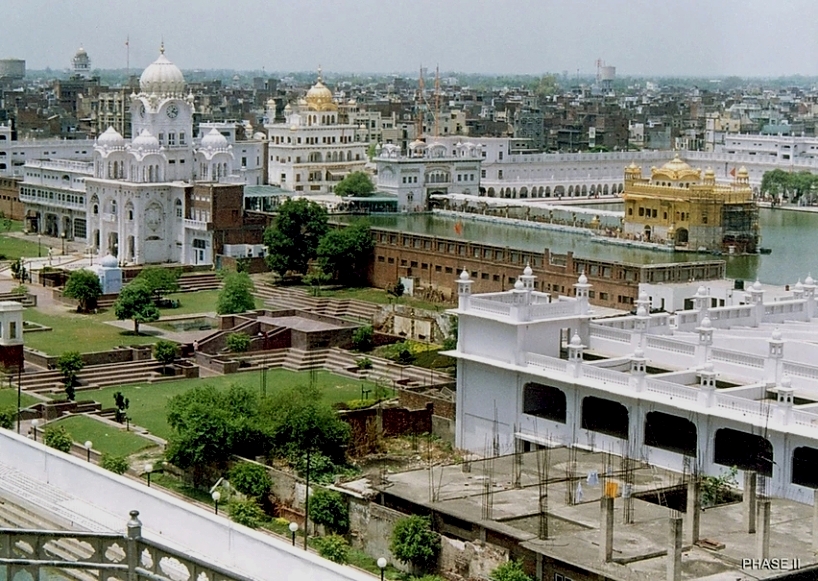 Golden Temple Corridors, Amritsar.
Golden Temple Corridors, Amritsar.
 Golden Temple Corridors, Amritsar.
Golden Temple Corridors, Amritsar.
 Golden Temple Corridors, Amritsar.
Golden Temple Corridors, Amritsar.
Ravindra Bhan always advocated that the role of landscape architect should start right at the beginning of the project. The architect and landscape architect should work together on the siting of the building. He emphasised that the siting of the building is very important, the way the building sits on the ground, its orientation, how the edges meet the ground; where the window sills should come, what you view from the windows. There are a lot of things a landscape architect can do in terms of making the environment comfortable, especially if he works hand-in-hand with the architect right from the initial stages.
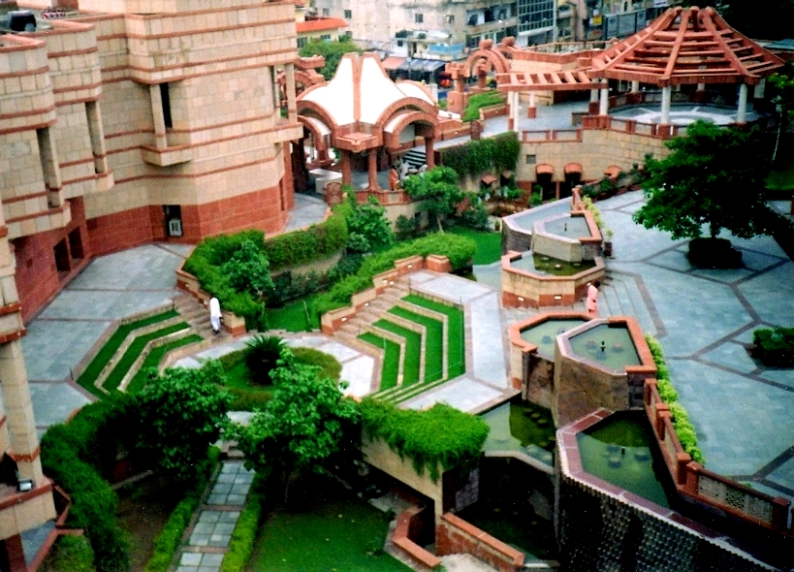 ISKCON Temple, New Delhi.
ISKCON Temple, New Delhi.
 ISKCON Temple, New Delhi.
ISKCON Temple, New Delhi.
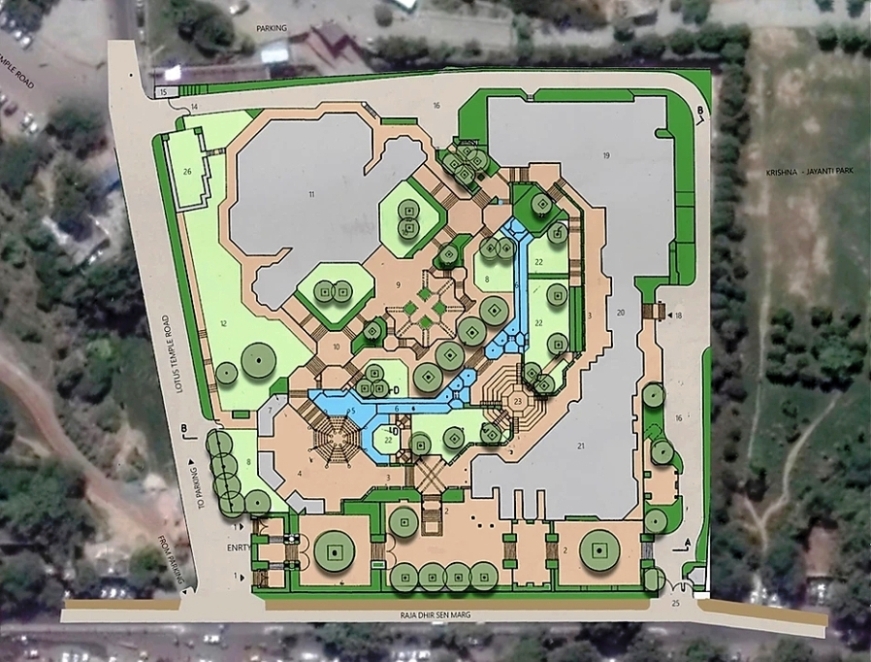 ISKCON Temple, New Delhi.
ISKCON Temple, New Delhi.
Explaining his design approach, Professor Ravindra Bhan said, " Design is a very complex venture and it depends for whom you are designing - human beings or animals. Also what is taken into consideration is the period that you are designing for, the availability of materials and height at which you are designing. The close and symbiotic relationship between plains, site and mass is very crucial and it is important to understand that for a design process. After understanding all constraints in terms of design, one needs to find out the possibilities about how a building can be placed keeping in mind the relationship between man and nature. This is my approach to understand nature and how best we can design to maximize the potential it is offering us."
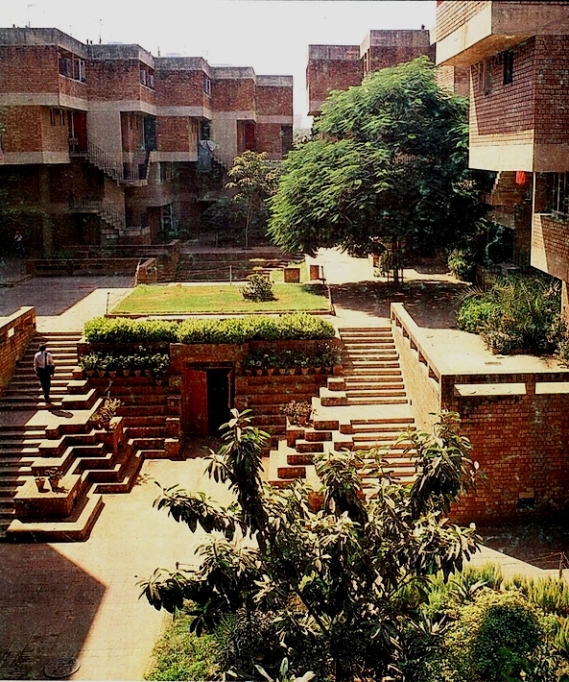 Tara Apartments, New Delhi.
Tara Apartments, New Delhi.
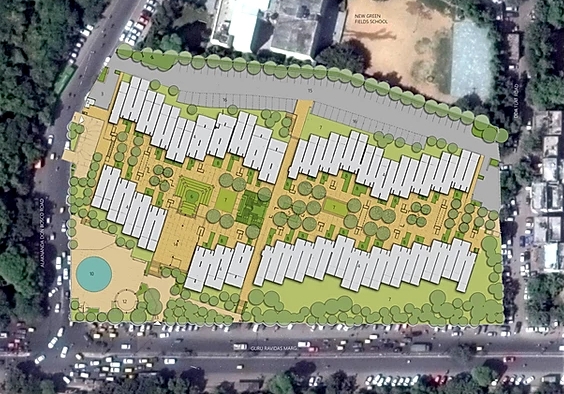 Tara Apartments, New Delhi.
Tara Apartments, New Delhi.
About the future of the profession of landscape architecture in India, Ravindra Bhan opined, "I think the future is very bright. There are tremendous possibilities. I don't think any other country needs landscape architecture more than what some of our metropolitan areas would need because of our unsympathetic climate, pollution and population and all the environmental degradation in our cities. Unfortunately, however, awareness is absent, the government will is not there, and the architects are not very sympathetic to the profession of landscape architecture."
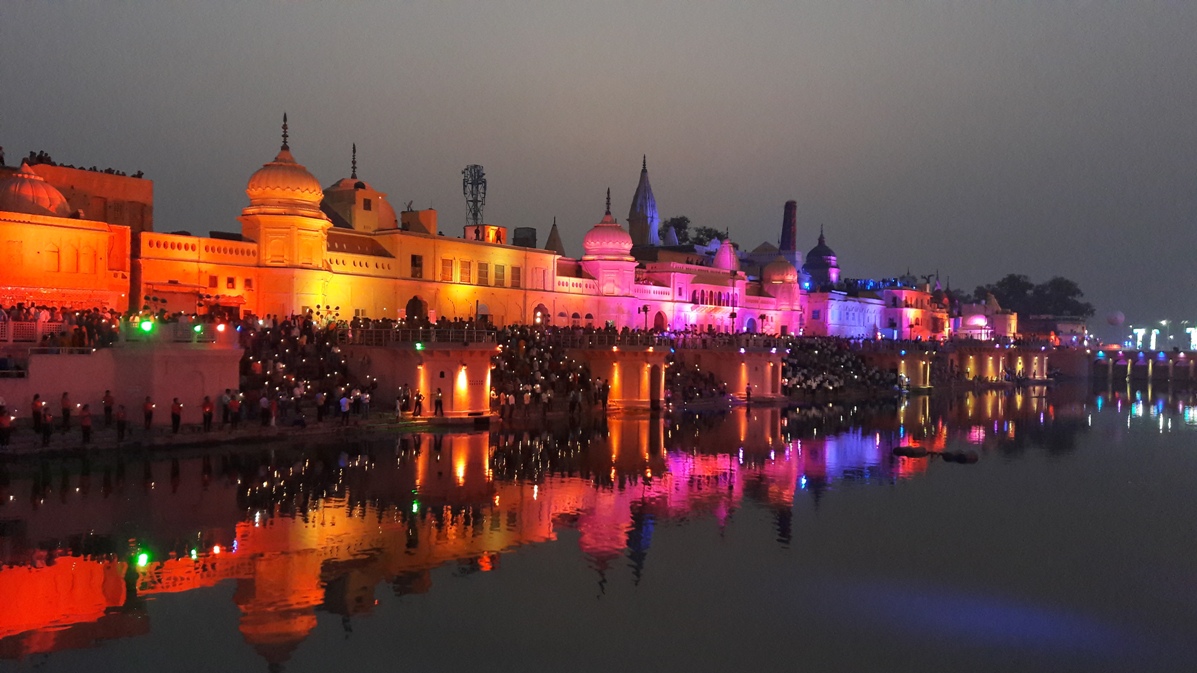 Ayodhya Ghats, Faizabad.
Ayodhya Ghats, Faizabad.
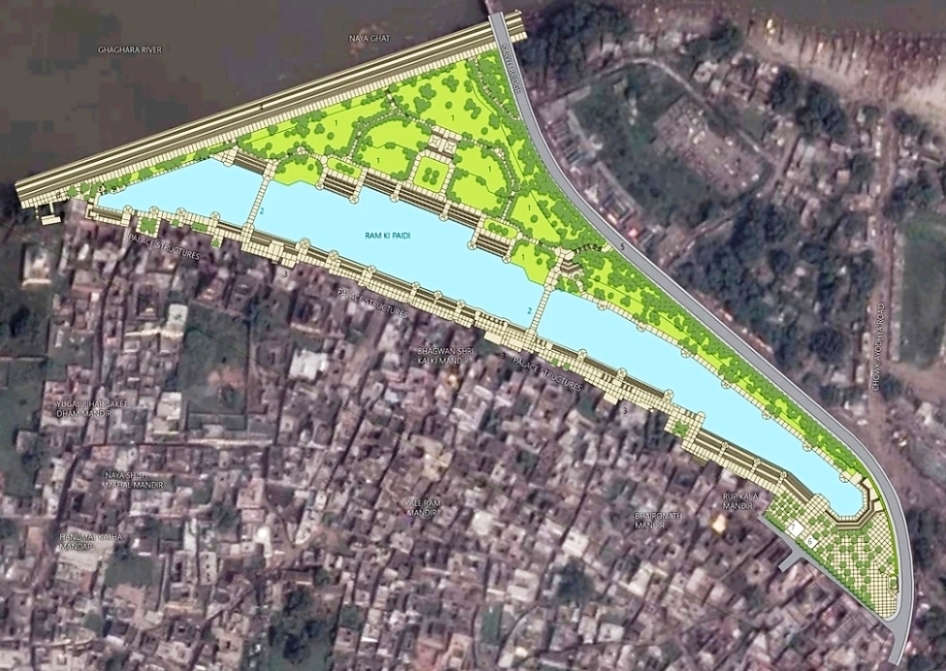 Ayodhya Ghats, Faizabad.
Ayodhya Ghats, Faizabad.
His advice to budding landscape architects was, "I think it is a wonderful and very rewarding profession. But there is not much money, a lot of hard work and sometimes it is frustrating. An architect gets to see his ideas translated into building in two to three years. But, as they say, a landscape architect doesn't see his creation in his lifetime. It needs great dedication."
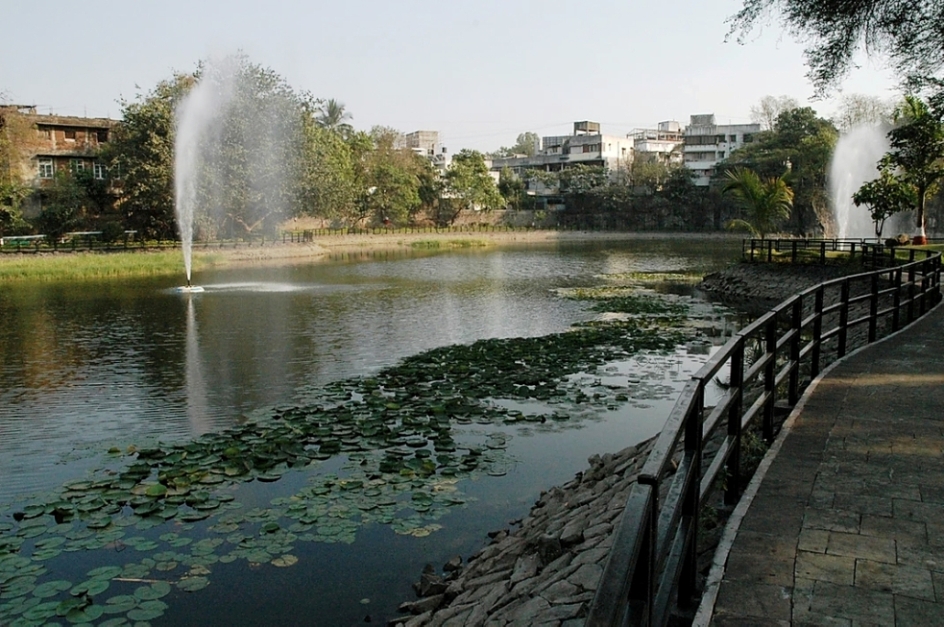 Model Colony Lake (Lakaki), Pune.
Model Colony Lake (Lakaki), Pune.
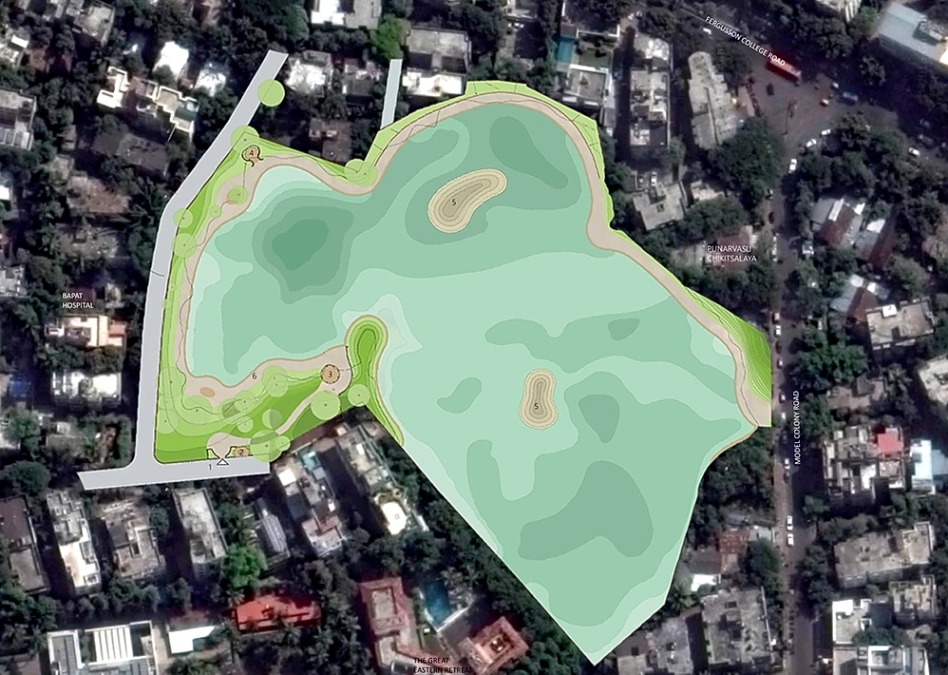 Model Colony Lake (Lakaki), Pune.
Model Colony Lake (Lakaki), Pune.
To know more about his ideas, the author feels that there should be a befitting treatise - a sort of monograph/biography about Professor Ravindra Bhan. It will be a source of inspiration for future generations of landscape architects. For this, the School of Planning and Architecture (SPA), New Delhi, and 'Ravindra Bhan and Associates' should join hands to accomplish this task.
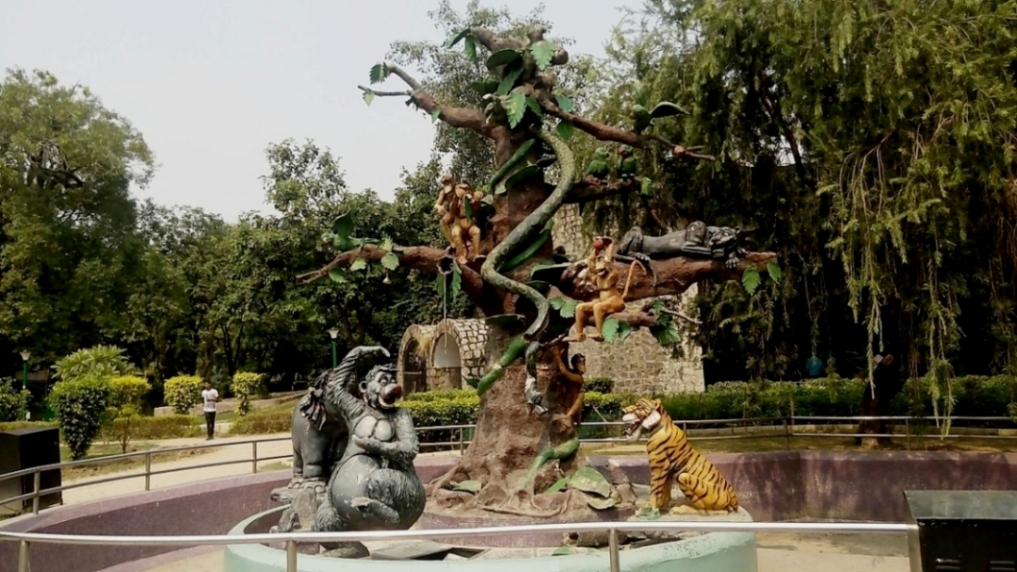 Children's Park, India Gate, New Delhi.
Children's Park, India Gate, New Delhi.
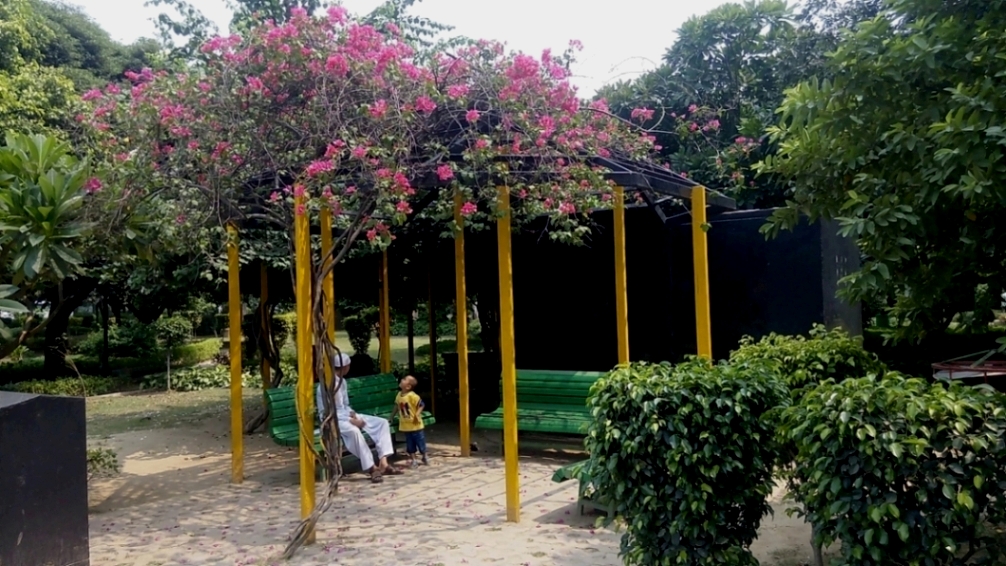 Children's Park, India Gate, New Delhi.
Children's Park, India Gate, New Delhi.
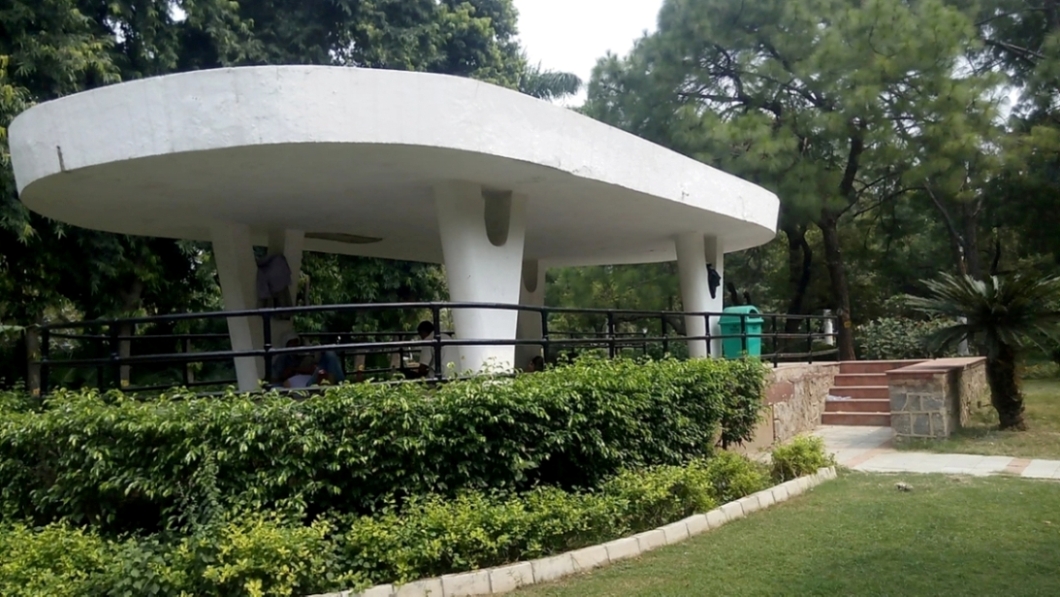 Children's Park, India Gate, New Delhi.
Children's Park, India Gate, New Delhi.
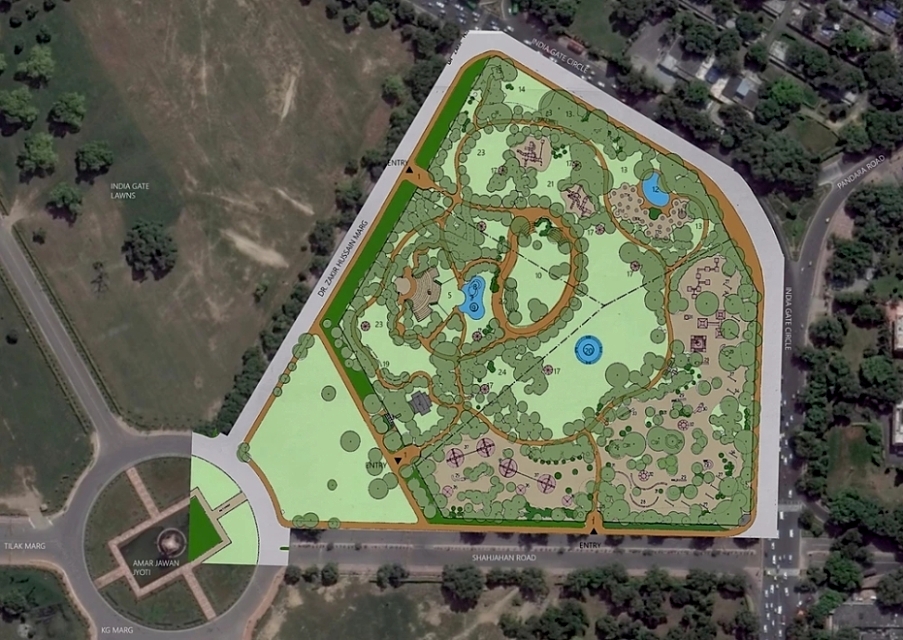 Children's Park, India Gate, New Delhi.
Children's Park, India Gate, New Delhi.
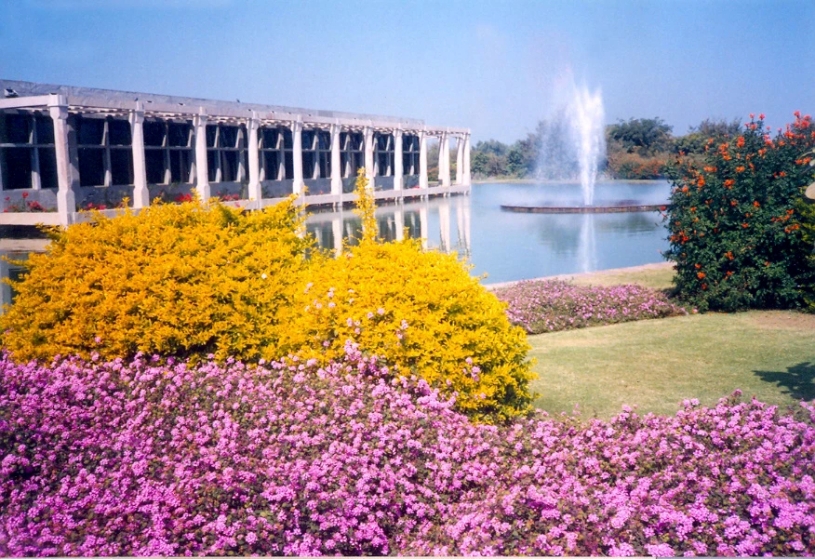 Chambal Chemicals and Fertilizers, Kota.
Chambal Chemicals and Fertilizers, Kota.
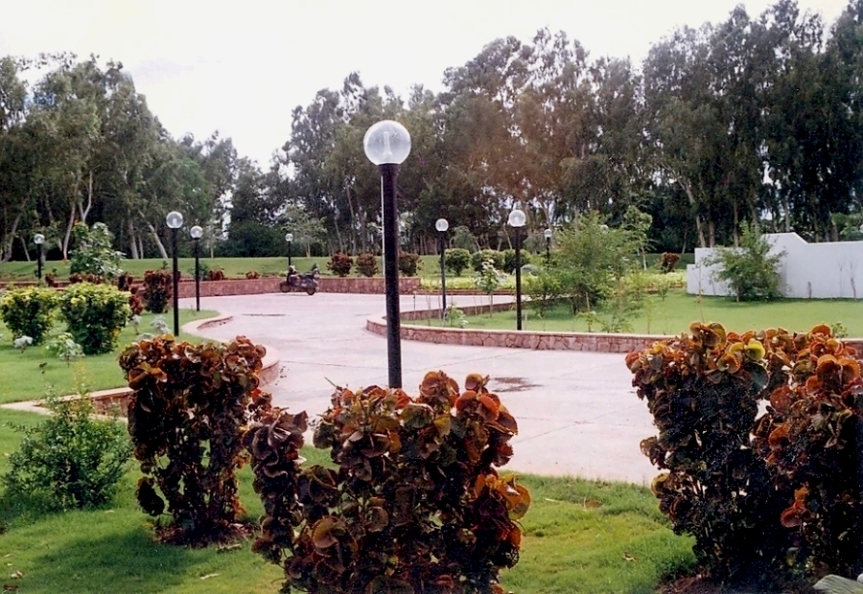 Chambal Chemicals and Fertilizers, Kota.
Chambal Chemicals and Fertilizers, Kota.
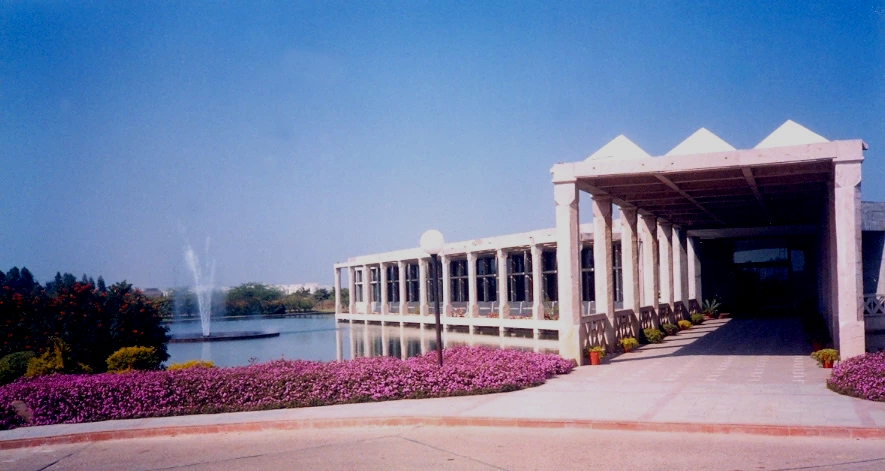 Chambal Chemicals and Fertilizers, Kota.
Chambal Chemicals and Fertilizers, Kota.
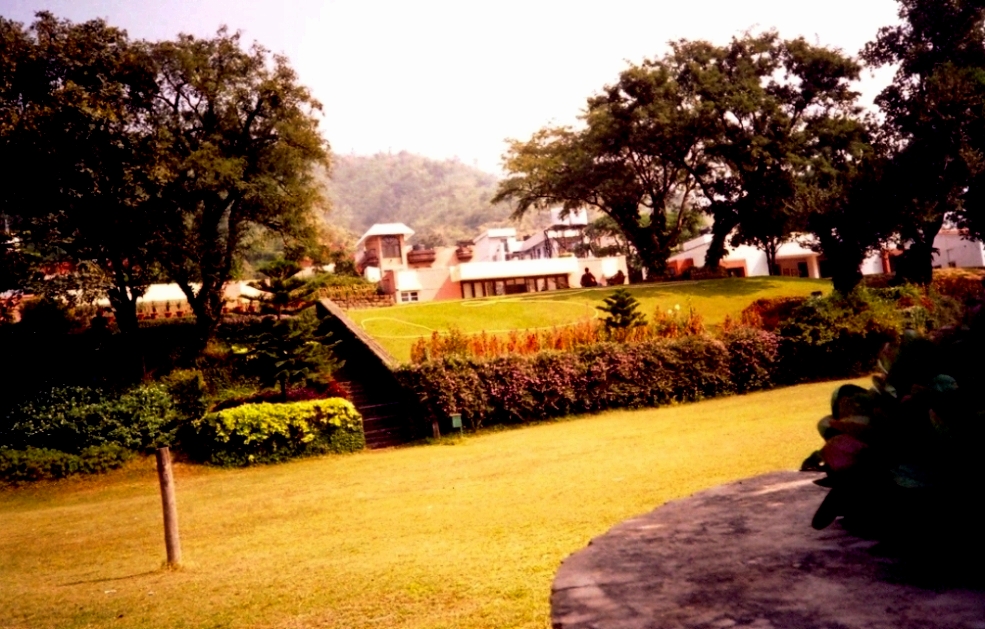 Guest House, Parwanoo.
Guest House, Parwanoo.
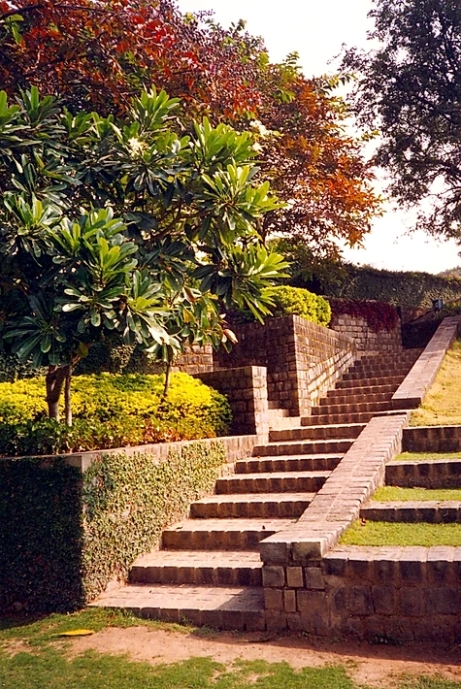 Guest House, Parwanoo.
Guest House, Parwanoo.
 Prashant Bhushan's House, Palampur.
Prashant Bhushan's House, Palampur.
 Pahalgam Hotel, Pahalgam.
Pahalgam Hotel, Pahalgam.
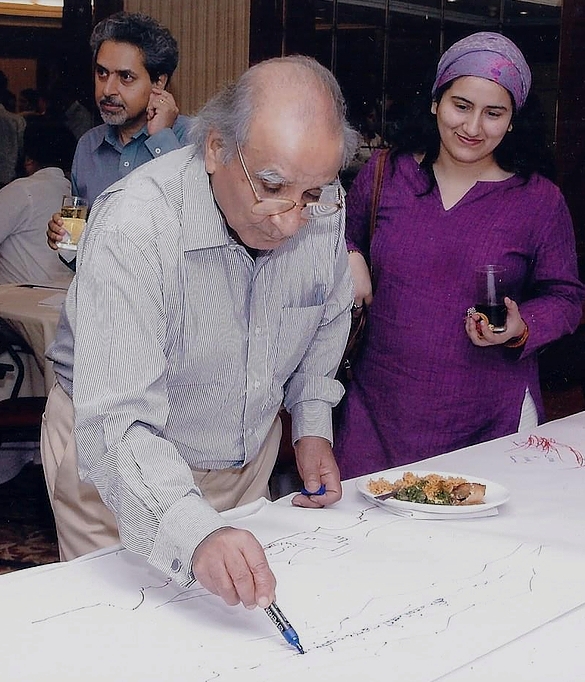 Professor Ravindra Bhan.
Professor Ravindra Bhan.
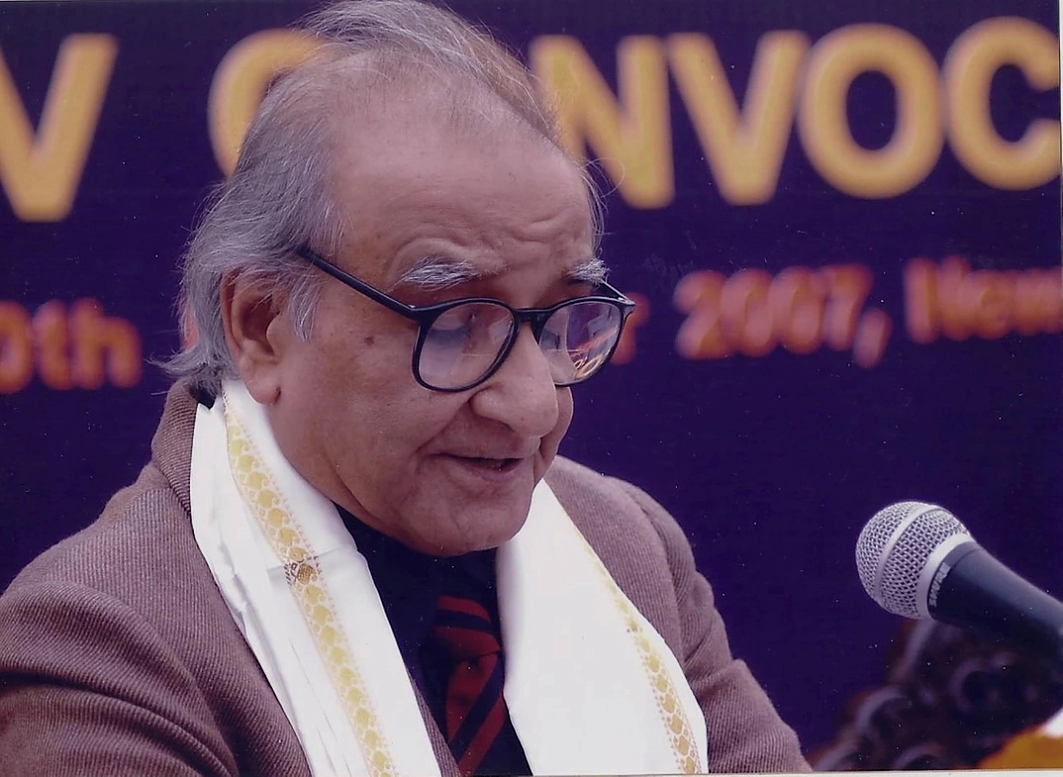 Professor Ravindra Bhan.
Professor Ravindra Bhan.
Long live the memories of revered Professor Ravindra Bhan.
All images courtesy of 'Ravindra Bhan and Associates'
